In Conversation: With the Women Creators of Canadian Stage’s 2019-2020 Season
Canadian Stage’s 2019-2020 season, the first under Artistic Director Brendan Healy and Executive Director Monica Esteves, is stacked with some local heavy hitters presenting new and edgy creations.
Toronto’s internationally renowned Berkeley Street Company-in-Residence Red Sky Performance brings to the stage the world premiere of AF, a bold and original spin-off of George Orwell’s Animal Farm told through an Indigenous lens. A collaboration between Red Sky’s Sandra Laronde and South African playwright and director, Neil Coppen, AF promises to be an audacious new piece of physical storytelling that challenges its audience with a new way of thinking.
Britta Johnson, heralded as “Canadian musical theatre’s next great hope,” is collaborating with celebrated musical theatre actor and writer Sara Farb to bring a new musical to life. Kelly v. Kelly, a Musical Stage Company production in association with Canadian Stage, uncovers the true story of a mother and daughter court scandal that rocked New York City in 1915. With the beguiling music of the time and tango at the heart of the story, Kelly v. Kelly is an unraveling of what it means to be a woman in an America at the cusp of enormous societal change.
Described as one of the most significant and inspiring voices of her generation, playwright Susanna Fournier brings two new works alongside award-winning directors Liza Balkan and Severn Thompson. Always Still the Dawn is a double bill of radical works that aim to examine themes of femininity, family, and rebellion – amongst many others.
I had the rare and special opportunity to sit down with this group of powerhouse women to discuss their contributions to this upcoming season at Canadian Stage. Britta Johnson, Liza Balkan, Sandra Laronde, Sara Farb, Severn Thomson, Susanna Fournier, and I gathered in the Rehearsal Hall of the Berkeley Street Theatre to talk about their upcoming shows, their creation, and collaboration processes, gender dynamics at play on stage and in the industry, and what fuels their artistry.
On what these new works bring to the Theatrical Canon
Sandra Laronde: AF looks at Indigenous archetypes and mythologies to inform the way we move forward, especially in my own culture. How do we create something new on stage that we have not seen? AF looks at our creation stories, mythologies, and archetypes and, at the same time, uses Orwell’s dystopian fable Animal Farm as a point of departure. I’m not interested in reimagining it or retelling it. It’s been done. I’m interested in it as a point of departure.
Orwell writes about a revolution gone wrong and the cunning excuses for that, and I’m interested in a revolution gone right. But the cunning excuses for that will be Manifest Destiny, Doctrines of Discovery – a lot of the lies and fables we have been told and have become a part of our curriculum and the way we see the world. It’s about dismantling that and creating a new one. I’m really interested in creating a new myth with AF.
Sara Farb: The story that we are telling with Kelly v. Kelly is an unusual one for the musical theatre canon. I think the love story that is at the heart of it between a mother and a daughter is one you don’t see musicalized in the way that we are doing.
Susanna Fournier: I was asked to look at a double-bill and I was immediately drawn to the challenge. I just came off of a project that I wrote – The Empire – that’s a trilogy spanning over 500 years of invented history. There’s a part of my spirit that really likes putting things together and juxtaposing ideas and episodic work.
With Always Still the Dawn I look at how you make two pieces that are different but are shared in an evening. There’s an opportunity there to engage your audience in an experience of common themes but to come at them from really different angles. I’m really interested in multi-layered prismatic work. This double bill allows for more angles of light to enter the prism.
On the differences between being a Creator vs. a Collaborator
Susanna Fournier: I don’t consider myself to be the generator of “the thing” anymore. I see myself as a channel or vessel. The story is coming from the landscape or a vibration happening in the moment, and my job is to listen. I’m protective of trying to serve the impulse that has made itself aware to me, known to me.
But I have my real-time collaborators, my audience, my intuitive vibrational spirit. I’m always trying to dance between what they’re trying to bring into the world and I’m trying to help them bring that into the world. Through writing, through language, through vision, shape, and metaphor. Then I puzzle with my directors and my designers on how to transmute that spirit energy into the event. It’s about learning. We have to find a shared language and a meeting place. Not only are you working on “the thing,” but you’re also working on how to work on “the thing” while “the thing” continues to evolve and change.
Britta Johnson: Each project is different every time. You live in different spaces every time. It lives in a different part of your body every time.
Life After was unique because I wrote it when I was 18 and I didn’t know better. I didn’t know that there’s usually more than one person who writes a musical. I haven’t really done anything like that since then. The biggest difference between that project and working with Sara on Kelly v. Kelly is having that equal share of collaboration.
There’s a lot of zooming in on really specific moments and mining them for what they’re worth in musicals. The struggle I had as a creator with Life After was having to be both the person who had to zoom in and zoom out to see if, structurally, we were doing everything at the right time. It’s been very freeing musically to have another brain there that is responsible for that zoom out part. I can live in the zoom in and really hone in on the musical textures that capture every moment.

Musical Stage Company in association with Canadian Stage presents Kelly v. Kelly
On exploring Gender Dynamics on stage
Britta Johnson: Kelly v. Kelly is a very real court case that swept the nation between a mother and daughter without any real grounds, but very high stakes for both of them because they were about to lose each other. At its core, it’s about this generational divide between mothers and daughters that we just don’t really see on stage.
Sara Farb: It was a very important conflict of opposing beliefs and what it meant to be a woman in an America that was coming out of a Victorian turn-of-the-century. In fact, Eugenia Kelly, the daughter who was arrested was regarded by many as the prototype for what we now know as a flapper, that kind of a woman didn’t exist before she set the standard and this scandal infiltrated everyone’s homes.
Susanna Fournier: This double bill gave me a chance to revisit a piece that I originally wrote in 2014, All the Ways you Scare Me. It was a piece I workshopped at the Rhubarb Festival looking at two sisters who are in their 30s meeting their dad’s new girlfriend who is also in her 30s and they’re all trying to not be weird about it. They’re just really trying!
I wanted a chance to see women laughing even through a very uncomfortable situation. I think humour is such a tactic of resiliency. What was fascinating was to revisit that story in a world where the #metoo movement has arrived. It’s created a new relevance and a new danger to the piece.
The second piece was a big blank question mark and I arrived at Ghosts of My House. What’s now evolved is a grappling with this idea of female rebellion, female rage, family rage, inherited rage. And I got to a point where I really wanted to question how we might transform that rage into something more sustainable. Something that nourishes us instead of exhausts us.
On Gender Dynamics in the industry
Sara Farb: The art form of musical theatre is still profoundly male, I find. Especially being in New York City on Broadway, I’m seeing so much musical theatre created and fostered, and how much of that is still about a male story. Men are still at the helm of some of the most successful musicals.
Britta Johnson: Musical theatre is behind the curve in catastrophic ways. I feel that I’m in a bit of a bubble because I’ve always worked with women. My collaborators have been Sara or my sister. It’s always when I go out into the world and industry at large that I have a complicated relationship with musicals. Life After had a cast of 1 man, 8 women. In every talkback we’ve had, without fail, someone always asks “What’s it like being the only man in the room?” It’s an astounding question because if ever there was only one woman in a room, no one would ever ask that! It is just so telling.
Liza Balkan: I’m in opera and hey! That’s a male bastion. And yet there are a number of women who are writing and creating work and helming interesting work outside of the margins of what one considers opera. But as a woman coming into the opera genre, it was fulsomely challenging.
Susanna Fournier: Because I’ve been writing, producing, and developing my own work for the last six years, I’m often the one coordinating the space and inviting the collaborators. The last part of The Empire was a cast of 9 women. There were 3 male people. I’ve felt this gapless so because at a certain point, I disengaged from institutional settings. I’ve been out of touch with what’s been happening. But I’ve also been lovingly supported by many institutions and it’s nice to come back to a more institutional setting here at Canadian Stage and not feel like that. That spaces full of women like this one feels normal.
Severn Thompson: I’ve always felt like I’ve been a part of a movement that is bringing women’s voices and alternative ways of looking at women’s roles into the mainstream. But I’m always surprised that it hasn’t moved faster. I fully expected it to move much faster than it did – than it has.
But it’s nice to see that the shape of the culture within theatre is evolving. Perhaps movements like #metoo are moving things faster than they once did. And hopefully, we can fold in more cultural perspectives too so we can end up in a healthier space in society, where we have a plurality in voices being shared and listened to.
Sara Farb: I am very cognizant of the post that Britta and I are holding at the moment. We are trying to populate the experience with as many women as we can. We recognize that there is this dearth of female energy in this art form and we so desperately want it to bloom into something more progressive.

Berkeley Street Company-in-Residence Red Sky Performance presents AF, a bold and original spin-off of George Orwell’s Animal Farm told through an Indigenous lens. Photo by David Hou.
On Intersectionality and Inherited Rage
Susanna Fournier: It’s a falsity to imagine that just a bunch of women can do it and there won’t be any problems. It’s not like we’re unified. We can’t just tap into this unified feminine zeitgeist. There’s a lot of work inside to be done.
There’s a lot of healing that needs to take place between and amongst women. We need to learn how to negotiate toxic systems of power that we have been subjugated to and have internalized. We see this in intersectionality – white women and women of colour are negotiating different ways we’ve been denied or been given access. There are these wounds that are present. How can we hold each other up and support each other and realize that there is a bunch of inherited stuff in this cultural moment? There’s a lot of rage and injustice. How do we not replicate that in our work?
Liza Balkan: I wasn’t in the city when Nightwood Theatre started, but I imagine this was the kind of conversation happening around the table. This is an extended conversation that takes decades of repeating, extending, morphing, changing, shifting. I think about the founders of Nightwood and the rage and the frustration and the hard work that continues on. We recognize that this conversation is part of an extended lineage and will continue on.

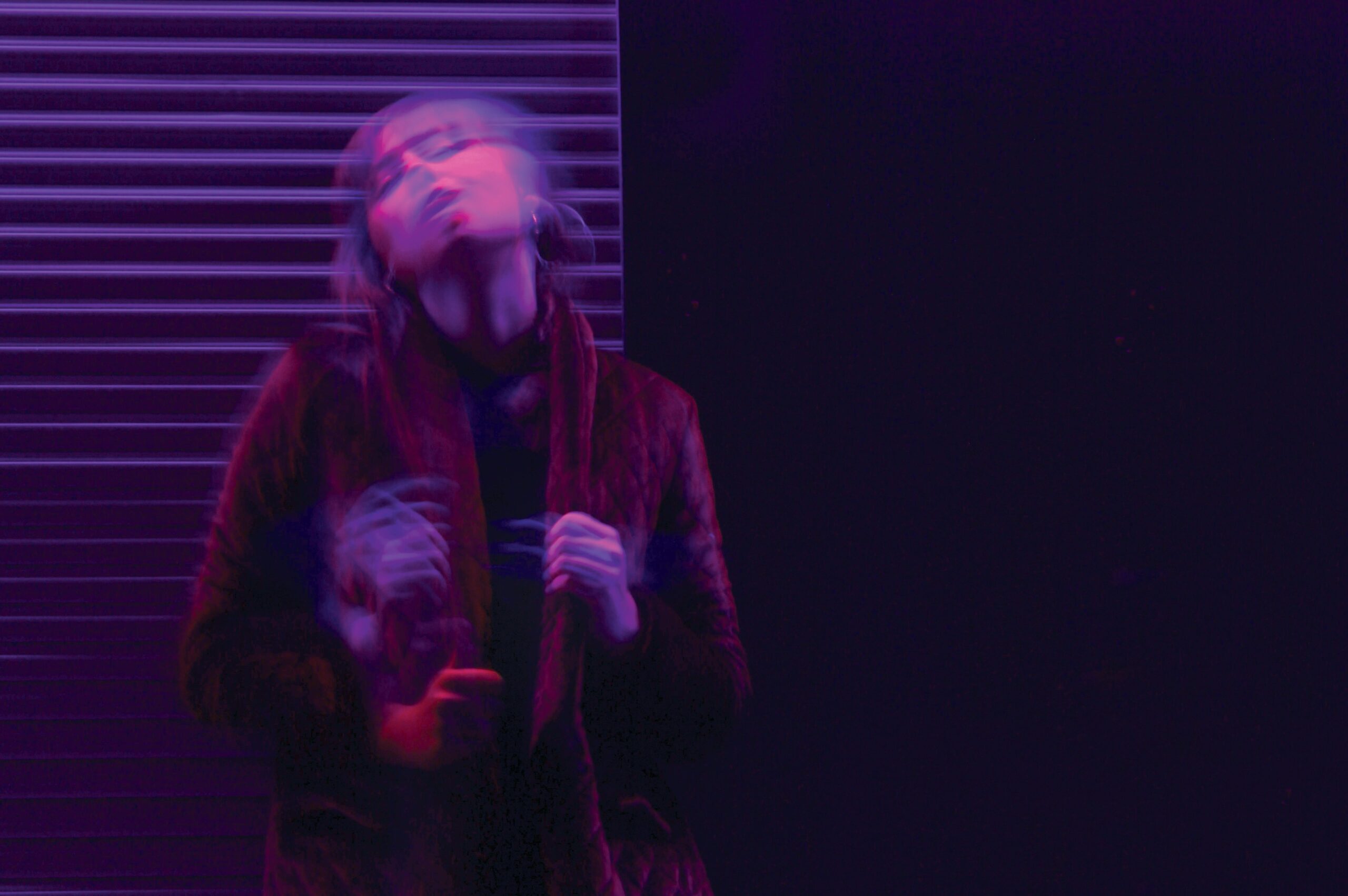
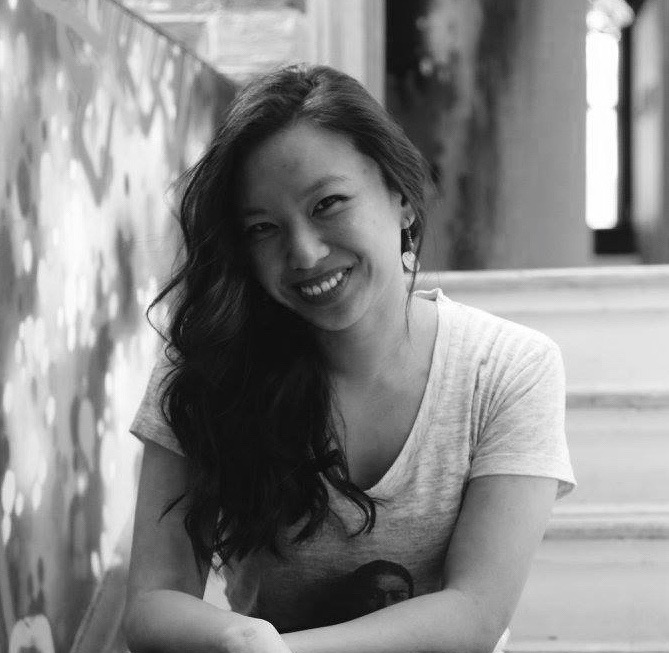



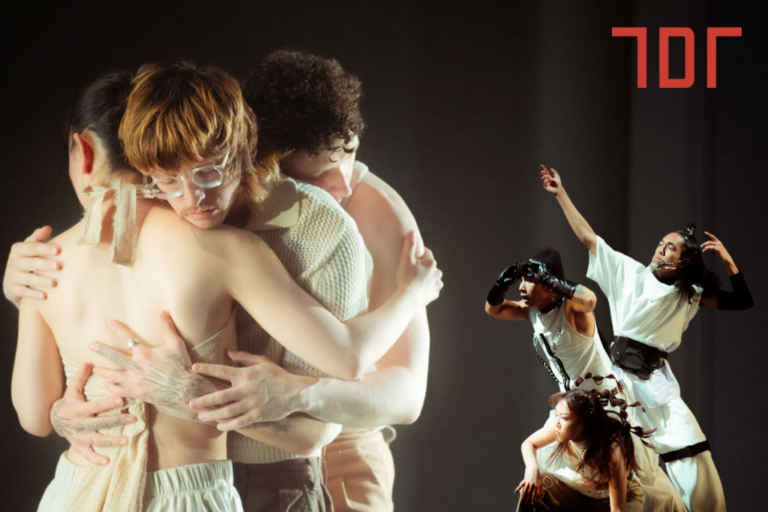
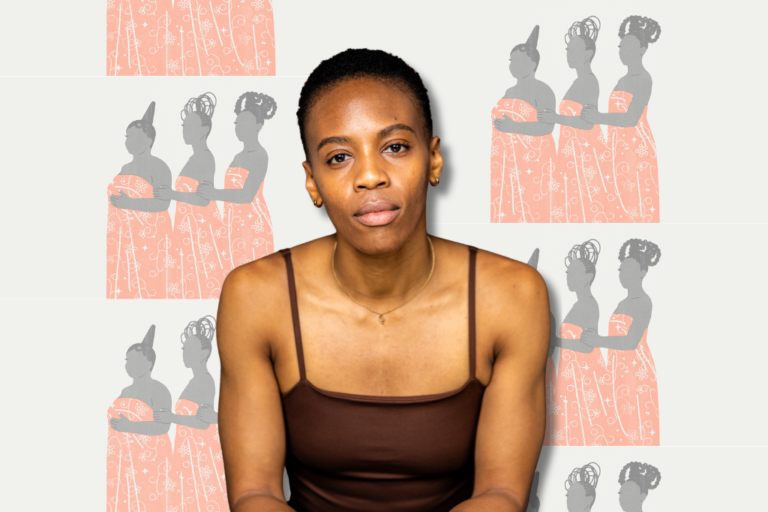
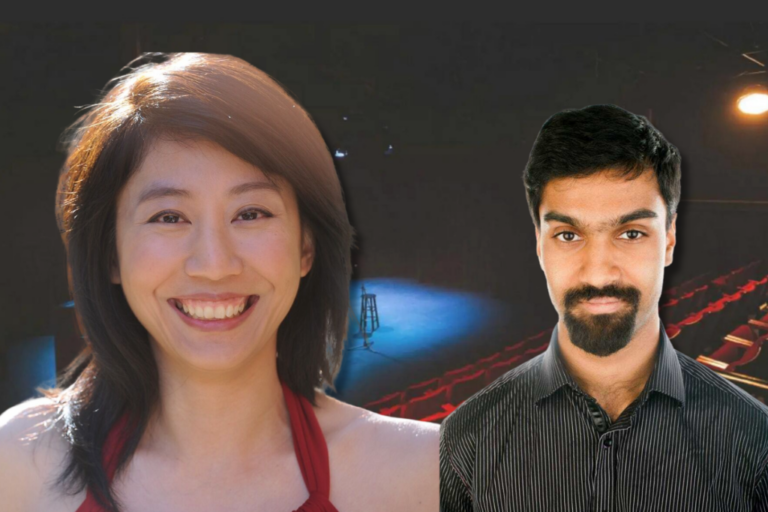
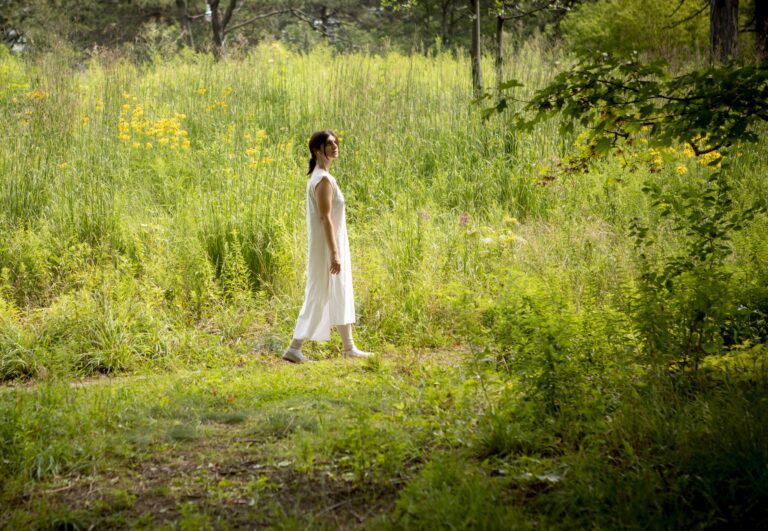
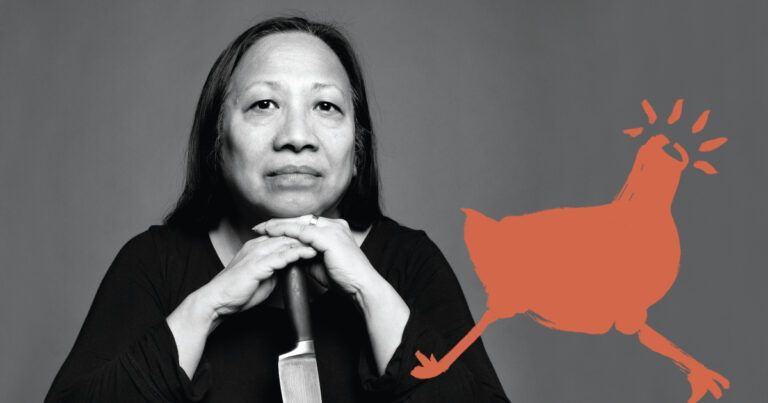
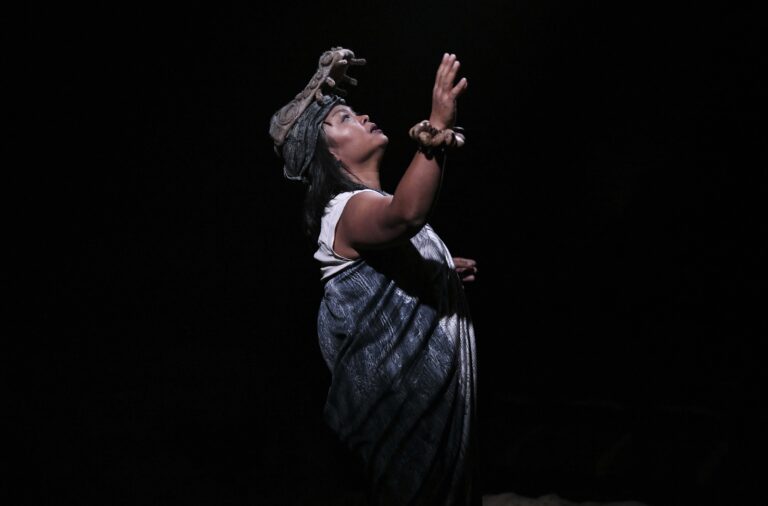
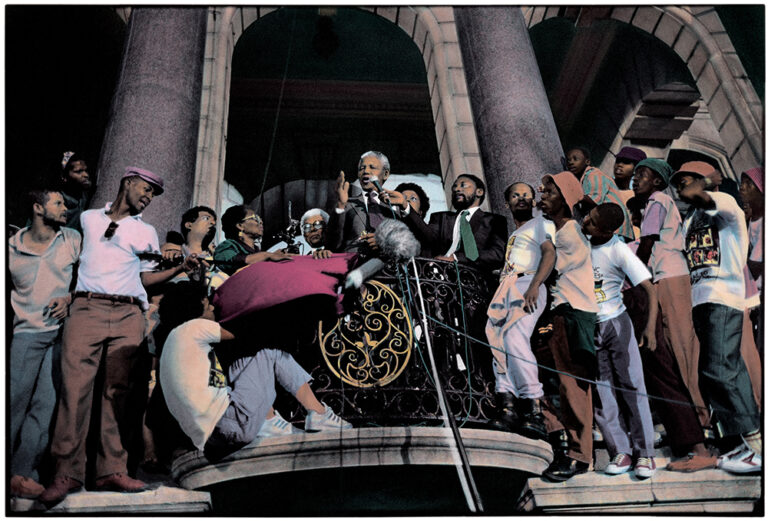
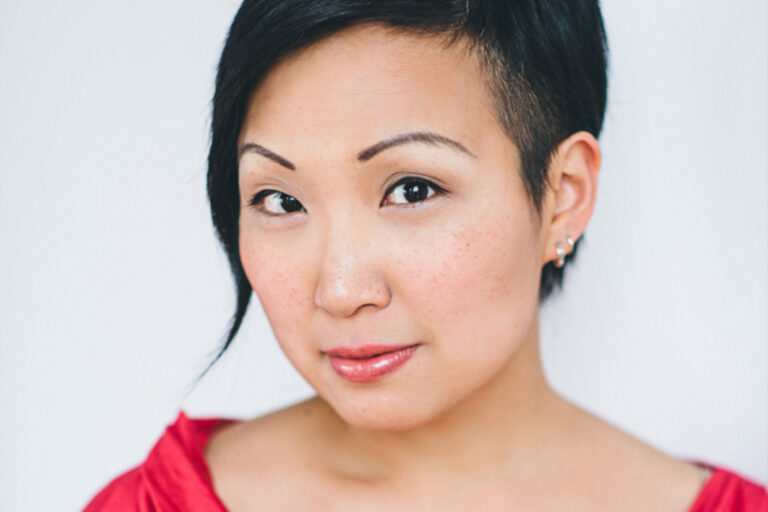
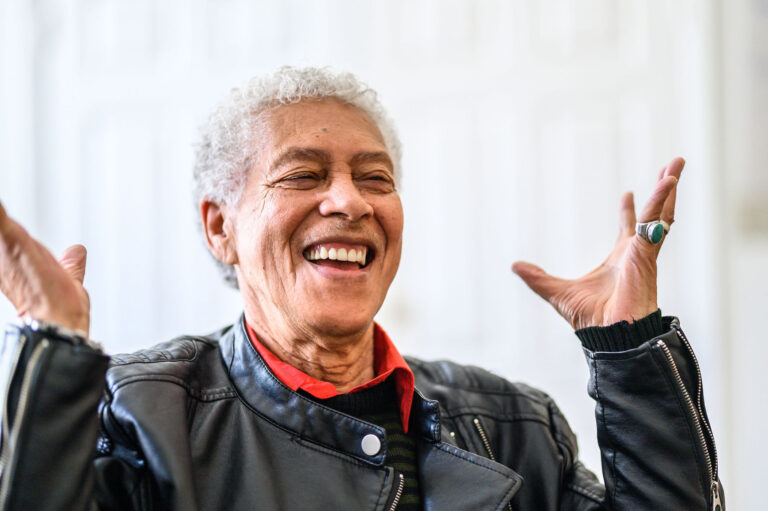
Comments